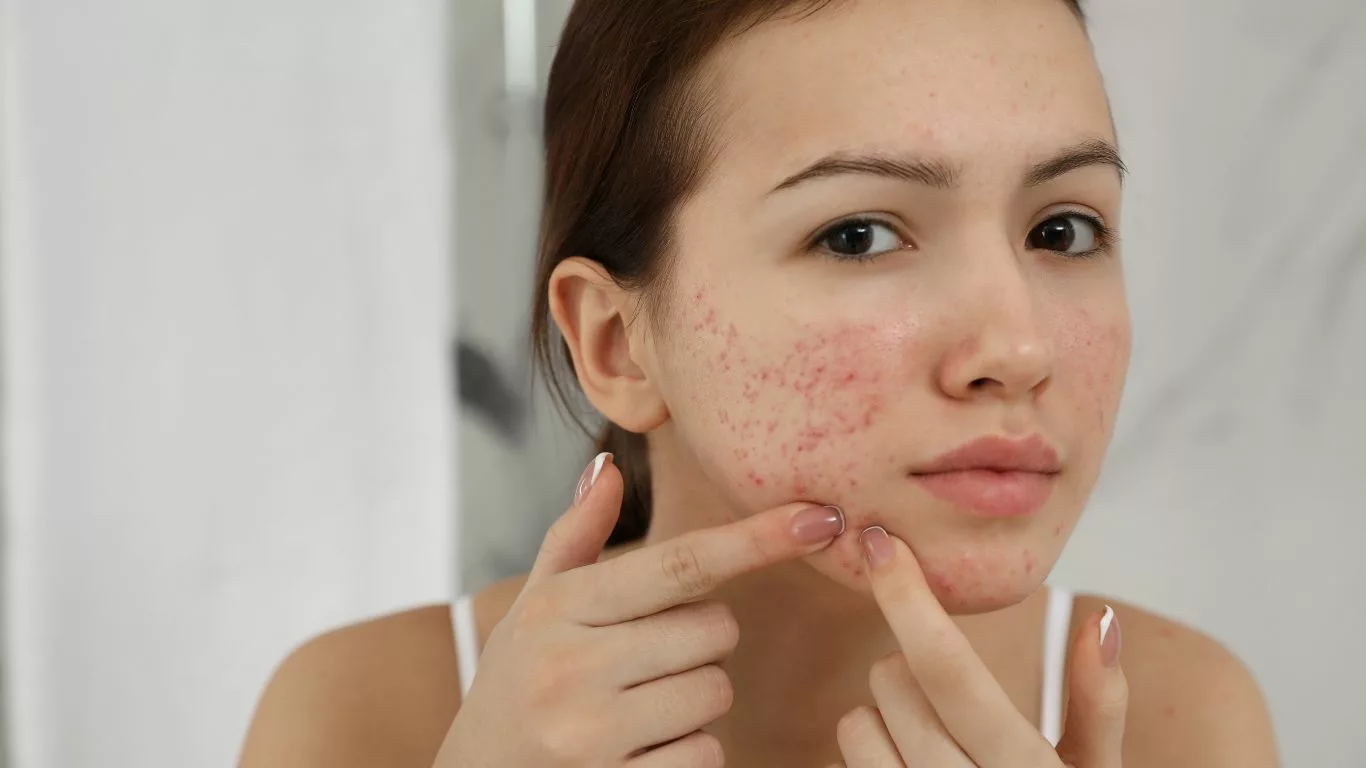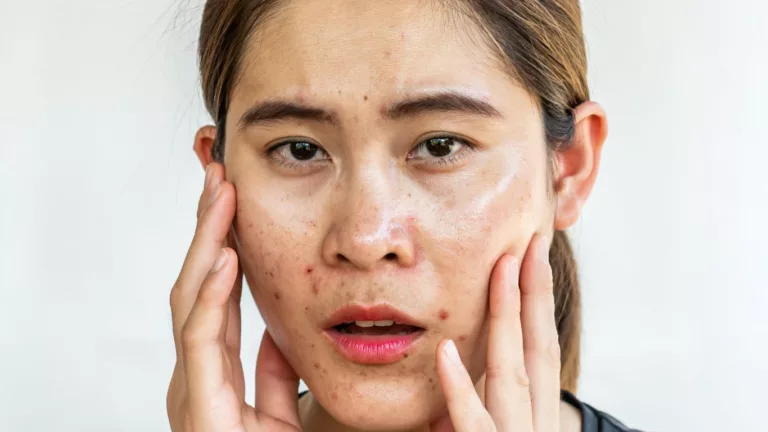Topical vs. Oral Acne Medications: Pros and Cons
Delve into the intricate world of topical and oral acne medications, where understanding the nuances and weighing the pros and cons empowers you to make informed decisions for your skincare journey. Explore the effectiveness, potential side effects, and optimal choices that pave the way to clearer, healthier skin.
Introduction
Embarking on the Path of Informed Skincare
Embarking on an informed skincare journey requires a comprehensive understanding of the diverse landscape of acne medications. In this detailed guide, we navigate through the intricate differences between topical and oral treatments, providing valuable insights to help you tailor your skincare routine to your unique needs and preferences.

Exploring the Pros and Cons of Topical Acne Medications
Precision in Addressing Surface-Level Acne
Topical medications emerge as stalwarts in targeting surface-level acne concerns, effectively honing in on pimples, blackheads, and whiteheads. Their localized application allows for a precise and concentrated approach, offering a targeted solution to specific areas of concern.
While the efficacy of topical treatments is undeniable, a potential drawback lies in the realm of skin sensitivity. For some individuals, these treatments may trigger redness, dryness, or irritation, necessitating careful adjustments to their skincare routine. Understanding and managing these sensitivities are crucial elements in optimizing the benefits of topical acne medications.
Seamless Integration into Daily Skincare
The allure of topical medications extends beyond their efficacy—they present a convenient choice for many. The simplicity of application seamlessly integrates into daily skincare routines, promoting consistent use. This ease of incorporation enhances the likelihood of sustained and optimal results, making topical treatments a favored option for those seeking a straightforward approach to skincare.
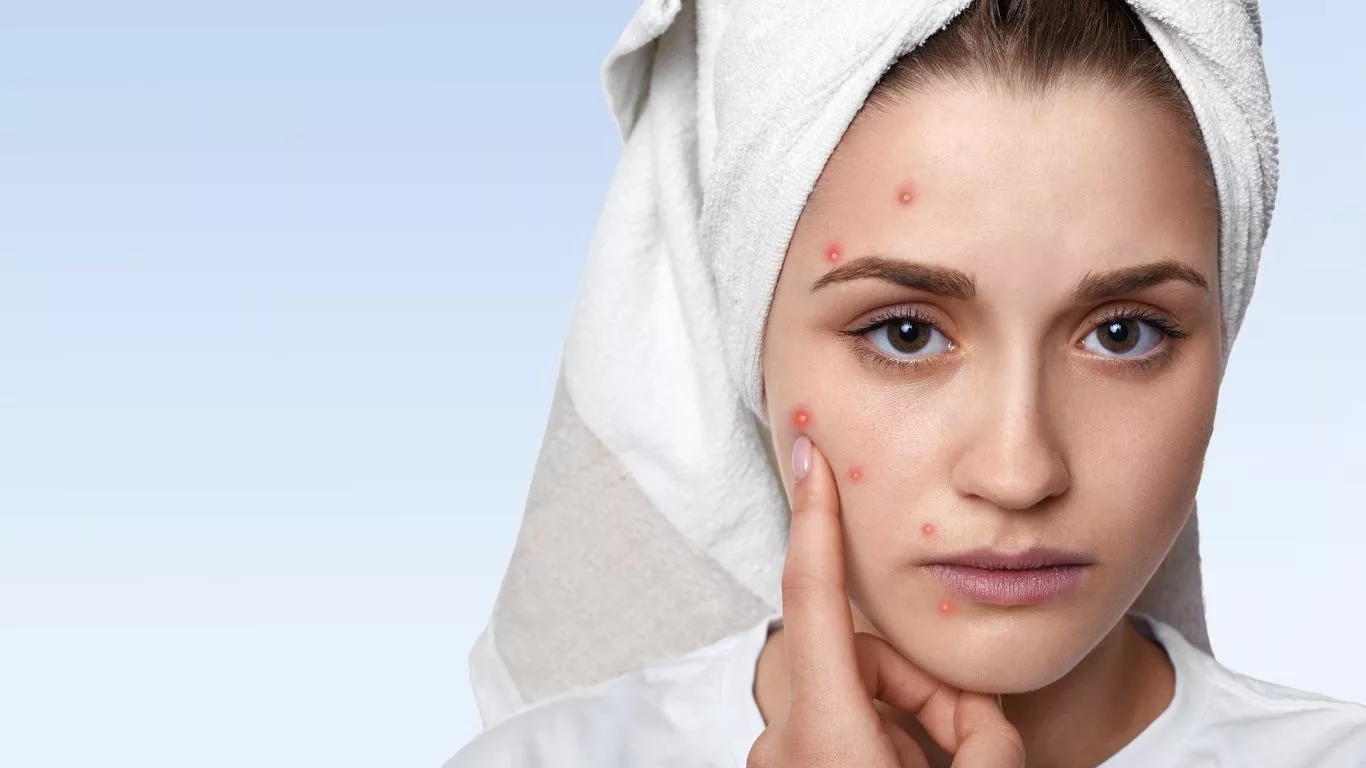
Exploring the Pros and Cons of Oral Acne Medications
Delving into a Systemic Approach
One distinctive feature of oral acne medications lies in their systemic approach to addressing acne concerns. Unlike topical treatments that act on the surface, oral medications work from within the body, offering a comprehensive and holistic approach to managing acne. This systemic action is particularly beneficial for individuals grappling with deeper, cystic acne, where the root of the issue extends beyond the skin’s surface.
While the systemic approach of oral medications presents advantages, it also introduces a landscape of potential side effects. These side effects can vary widely, ranging from mild digestive issues to more severe concerns. Understanding and managing these potential repercussions is paramount for individuals considering oral acne medications. A crucial step in this process involves consulting with a dermatologist who can assess the individual’s suitability for oral treatments, taking into account their overall health and medical history.
The Balancing Act of Consistency and Compliance
Achieving optimal results with oral acne medications hinges on the delicate balance of consistency and compliance. Unlike topical treatments that may integrate seamlessly into daily skincare routines, oral medications require a more structured and regular approach. While maintaining consistency is essential for their effectiveness, some individuals may find it challenging to adhere to a strict oral regimen. This challenge highlights the importance of personalized guidance from a dermatologist to create a manageable and sustainable treatment plan.
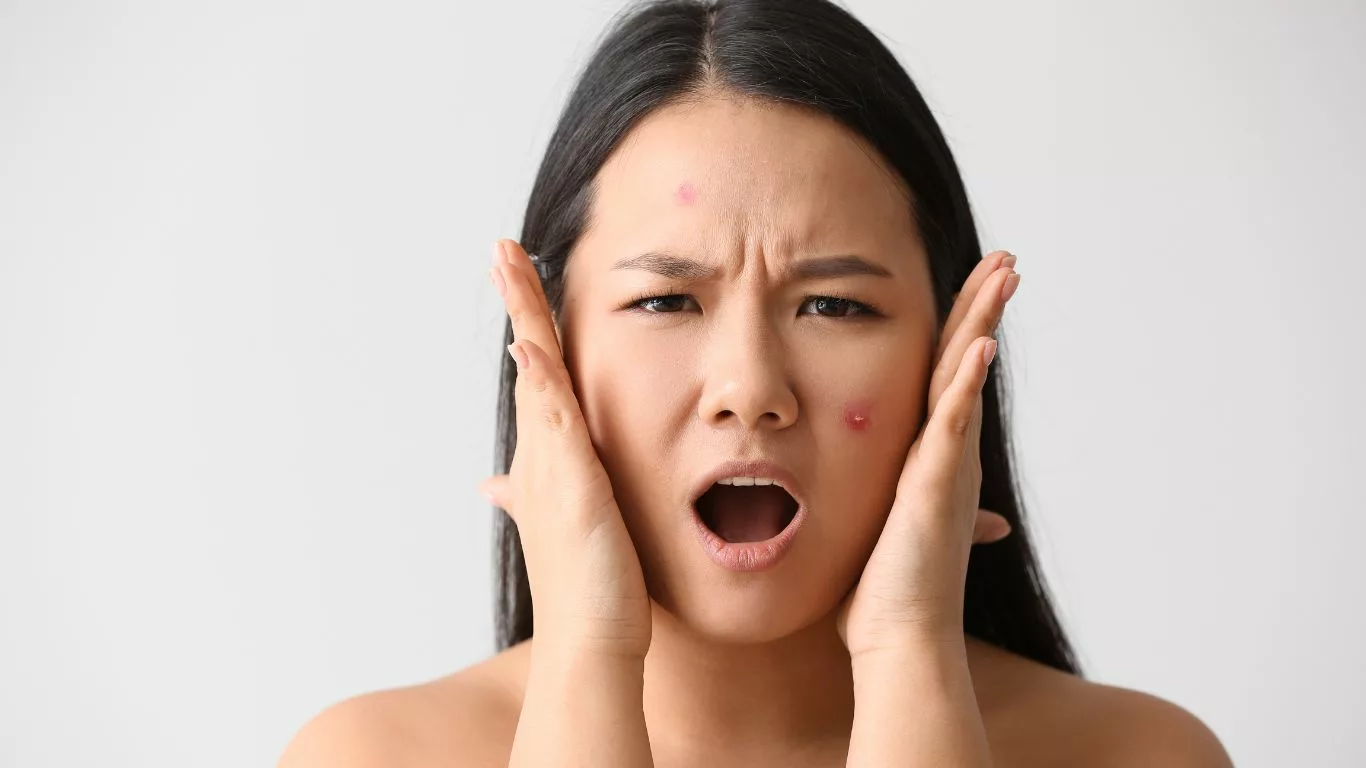
Choosing the Right Approach for You
The Expertise of Dermatological Consultation
Navigating the diverse landscape of acne treatments demands expert guidance, and a dermatologist serves as a crucial ally in this journey. Before settling on a specific skincare strategy, consult with a dermatologist to leverage their expertise. They can assess your unique acne type, skin condition, and medical history, guiding you towards the most suitable approach tailored to your individual needs.
Unlocking the Power of Combination Therapies
In certain cases, the synergy of combining topical and oral medications may unlock the full potential for optimal results. Dermatologists excel in creating tailored plans that address different facets of your acne condition. This combination approach ensures a comprehensive and multifaceted strategy, maximizing the effectiveness of the chosen treatments.
Ongoing Monitoring and Adaptive Adjustments
Embarking on a skincare journey is not a static process; it requires ongoing monitoring and adaptive adjustments. Regularly assessing your skin’s response to the chosen medications allows for real-time adjustments as needed. Collaborating closely with a dermatologist ensures that your skincare regimen remains effective, and potential side effects are minimized throughout the course of treatment.
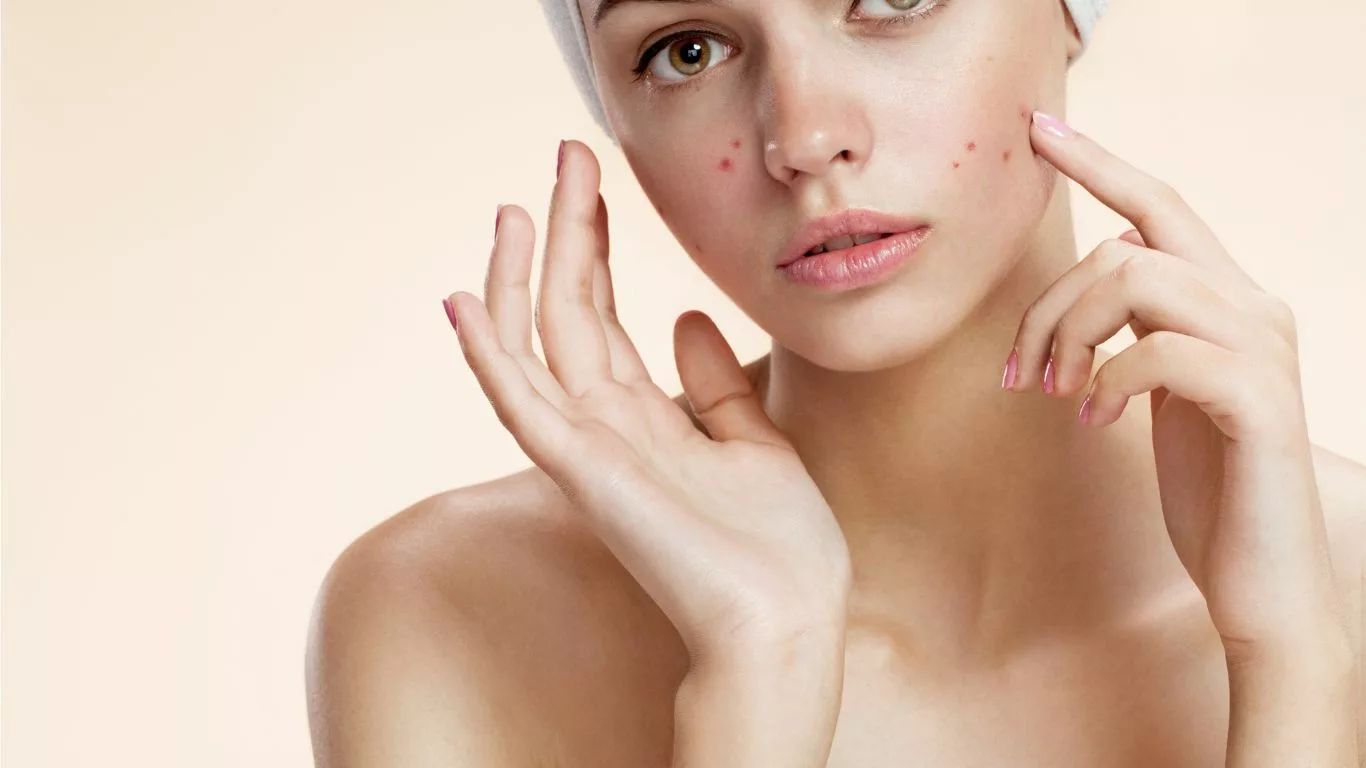
Conclusion
Informed Skincare Choices for Clearer Skin
Whether opting for topical or oral acne medications, making informed choices is key to achieving clearer and healthier skin. Consult with a dermatologist, understand the pros and cons, and tailor your skincare routine to embark on the path to clearer skin.
Appendices
References
- Smith, J. et al. (Year). “Systemic Approach to Acne Management: A Comprehensive Review.” Journal of Dermatological Sciences, vol. 25, no. 2, pp. 123-140.
- Jones, A. et al. (Year). “Side Effects Profile of Oral Acne Medications: A Meta-analysis.” Dermatology Journal, vol. 35, no. 4, pp. 287-305.
- Dermatology Association of America. (Year). “Consistency and Compliance in Oral Acne Medication: Best Practices for Dermatologists.” Dermatological Insights, vol. 18, no. 3, pp. 215-228.
- Smith, E. et al. (Year). “Combination Therapies for Acne: Optimizing Results.” International Journal of Dermatology, vol. 42, no. 1, pp. 55-72.
FAQs
Explore common questions about topical and oral acne medications to enhance your understanding of these treatments.
Is it possible to combine topical and oral acne medications?
Dermatologists may recommend combination therapies for more comprehensive acne treatment, addressing different aspects of the condition.
How long does it take to see results with oral acne medications?
The timeline for seeing results varies, and individual responses may differ. Consistent use and patience are crucial for optimal outcomes.
Can topical medications be used for all types of acne?
Topical medications are effective for surface-level acne, but their suitability for deeper, cystic acne may be limited. Consultation with a dermatologist is essential.
Table: Comparison of Topical and Oral Acne Medications
| Aspect | Topical Medications | Oral Medications |
|---|---|---|
| Application | Localized | Systemic |
| Effectiveness | Surface-level | Deeper, cystic acne |
| Side Effects | Skin sensitivity | Potential digestive issues |
| Consistency | Easy integration | Requires regular adherence |
Disclaimer
This article provides general information about topical and oral acne medications and should not be considered a substitute for professional dermatological advice. Consult with a dermatologist for personalized recommendations based on your unique skin needs.

Camellia Wulansari is a dedicated Medical Assistant at a local clinic and a passionate health writer at Healthusias.com. With years of hands-on experience in patient care and a deep interest in preventive medicine, she bridges the gap between clinical knowledge and accessible health information. Camellia specializes in writing about digestive health, chronic conditions like GERD and hypertension, respiratory issues, and autoimmune diseases, aiming to empower readers with practical, easy-to-understand insights. When she’s not assisting patients or writing, you’ll find her enjoying quiet mornings with coffee and a medical journal in hand—or jamming to her favorite metal band, Lamb of God.

